Tags
Related Posts
Share This
Justice for Turkey
Ali Ismail Korkmaiz is a 19-year-old protestor who participated in the 2013 riots in Istanbul, Turkey. Korkmaz spent 38 days in a coma due to a cerebral hemorrhage before passing away on July 10, 2013. His trial was split into four Turkish cities(Eskişehir, Ankara, Hatay and Kayseri) in an effort to “avoid large demonstrations,” says Ayisigi Akkavuk, a SFUAD film student who participated in the protests.
“The police are supposed to protect the people,” Akkavuk says, “not treat them like the opposition.”
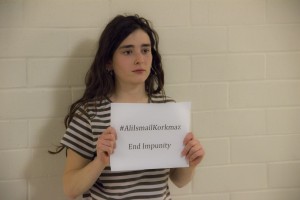
Akkavuk holding the Amnesty International sign for Ali Ismail Korkmaz’s unjust murder. Photo: Bego Aznar
Akkavuk hosted a meeting in King Hall lobby on Feb 17 to spread awareness about the deaths and mistreatment of Korkmaz and other Turkish citizens. She began the meeting by introducing herself and the other eight Turkish students currently studying at SFUAD, all of whom have personally been a part of the riots. She then showed a VICE documentary on the riots themselves before explaining the story of Ali.
Among the attendees was Jehad Khateeb, a film student originally from Syria. Khateeb participated in the 2011 Syrian protests(source) that eventually led to the country’s civil war. After protestors were fired upon by the Assad-led Syrian government, “the protests became centered around revenge” he says. Khateeb, who came to America on Jan. 10 2012, said situations escalated into a snowball effect, eventually spreading violence “like a cancer.”
Khateeb, a friend of Akkavuk and other Turkish students, seemed cautious regarding the future of the Turkish people saying, “All of us who were protesting for freedom have now left the country.”
On this point, Akkavuk expressed understanding regarding the similarities and the differences in the oppressive regimes of Syria and Turkey. While she saw violence divide a line between the citizens and government, she also recognized the events as a unifying experience, bringing people of opposing parties and ideas together to deflate the ego of a political oppressor. “Of course we were angry,” she says. “But the Turkish people were coming together.”
Akkavuk, a 21-year-old in her final semester of college, plans to move back to Istanbul once the year is over. “After the riots, people got more political,” she says. “It got other people involved.”
Akkavuk claims to receive the majority of her news from friends who are currently living in Turkey and Twitter due to the government’s use of media censorship, something the US Department of Defense has described as “extremely problematic.” She plans to return to Istanbul when her semester ends and says she will continue demonstrating for Turkey once she is back.






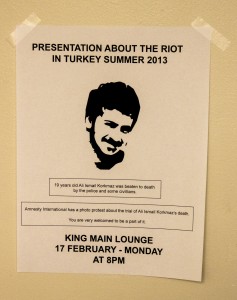
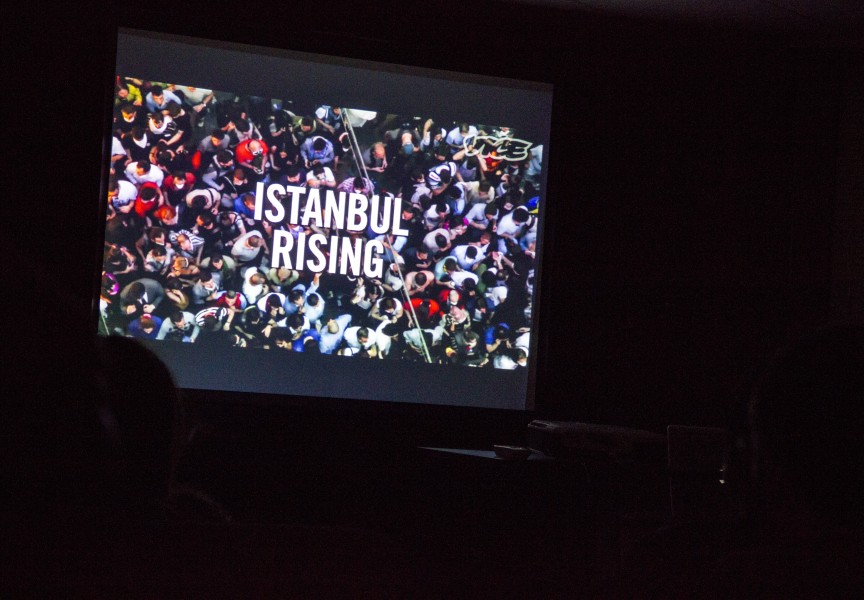
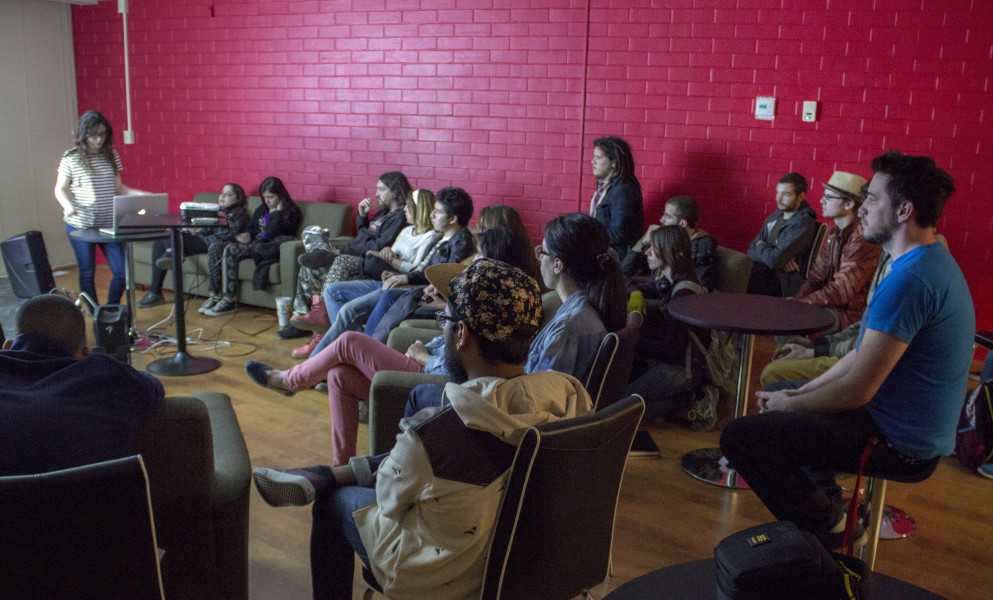
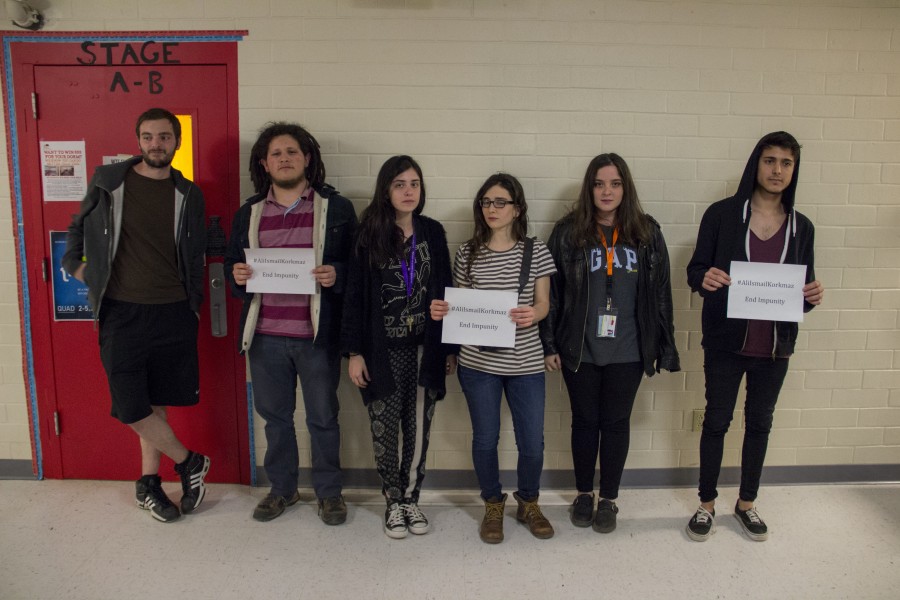
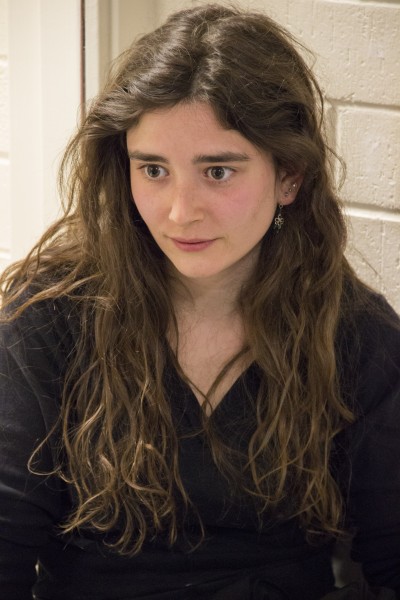
 Jackalope Magazine is the student magazine of Santa Fe University of Art and Design. Building on the interdisciplinary nature of our education, we aim to showcase the talent of our university and character of our city.
Jackalope Magazine is the student magazine of Santa Fe University of Art and Design. Building on the interdisciplinary nature of our education, we aim to showcase the talent of our university and character of our city.
Recent Comments